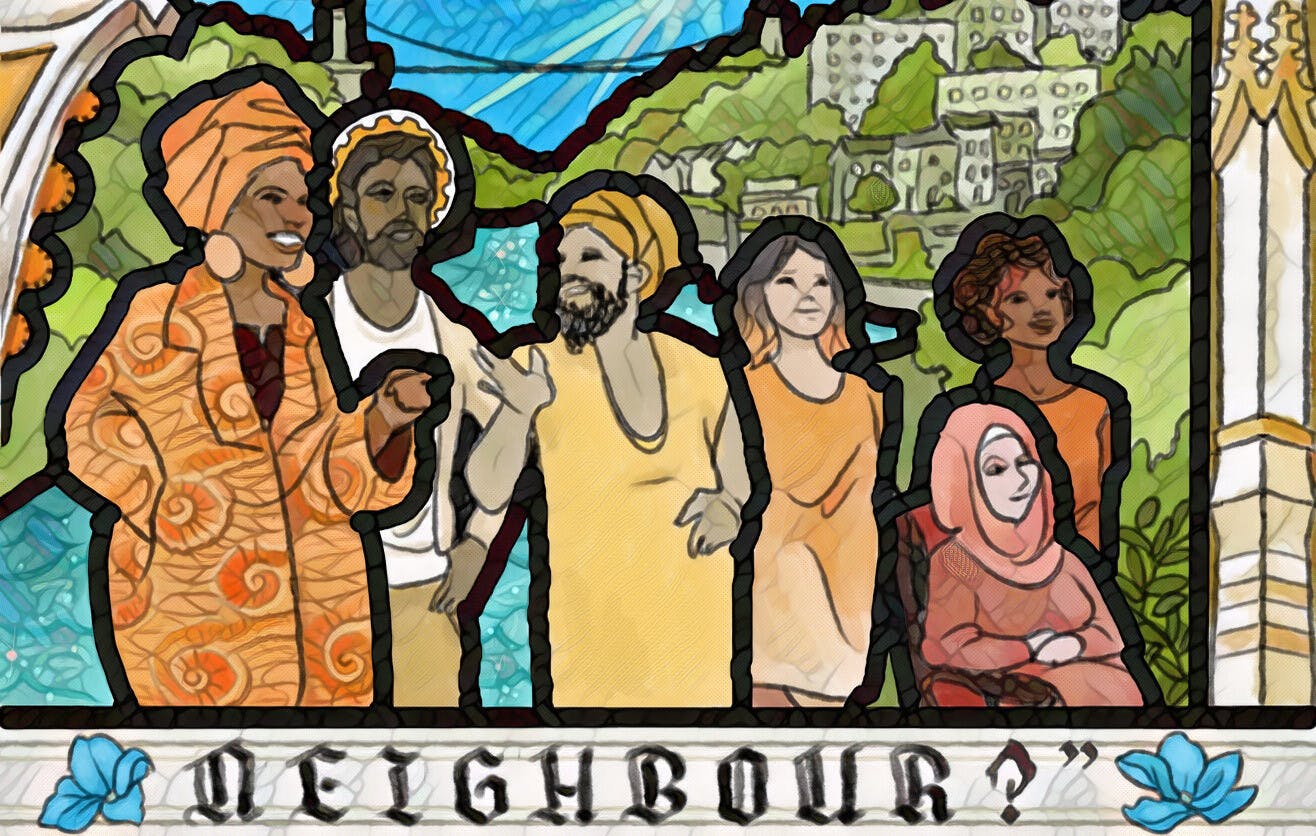Is Socialism Spiritual? Jewish Existentialism
Tuesday, 13th February 18:30 – 20:00
In this month's Religion and Socialism group, we discuss Martin Buber: an Austrian Jew who was brought up in an observant family but ended up developing an influential existential philosophy somewhat outside the mainstream Jewish tradition. His most famous work I and Thou looks at ways that humans can best relate authentically to each other, the world and God.
His philosophy of relationships led him to political thinking. He discussed the anarchist thought of the time - the kibbutzim being a practical example, he considered true socialism to have spiritual and mystical components and was also part of the early Zionist movement. However, his views were regularly at odds with Theodor Herzl and the violence that the state was initially established under and it is safe to say that he would deplore the violence happening today. He was part of the organisation Brit Shalom (along with Albert Einstein) which long sought a genuine binational solution where Jewish and Arab inhabitants of the region could live together with equal rights in peace.
Was Zionism always destined to lead to settler colonialism, imperialism, ethnic cleansing and gen0syd or could history have happened differently? Can socialists learn from religion on the best way to treat people? Can religious concepts be used to temper the worst aspects of politics? Can secular people ever really understand how religious people conceive of God?
------------------------
Everyone is welcome to come the discussion, regardless of prior knowledge - come listen and share your ideas! If you want to learn a bit about the topic in advance, we recommend a few sources:
This is a quick ten minute explanation of Buber’s most influential existentialist theological concept.
Here is a short blog post that outlines Buber’s political views and gives a bit of background to the history of Zionism long before the state of Israel was founded.
Those who are really interested can read Buber’s open letter to Gandhi about Palestine.
Doors open from 6pm for a 6:30pm start.
------------------------
What is the relationship between religion and socialism? Should there even be one? What can a largely secular movement take and learn from faith traditions? How can leftwing and faith communities work together to improve society today?
Following on from the successful/insightful/interesting panel session at this year’s Bristol Transformed, BT is starting a reading and discussion group along similar themes. Each month we will pursue a different set theme with the discussion based loosely around a choice of reading – Introductory, further and podcast options will be available to suit your expertise, interests and time constraints.
Over the course of the year we intend to cover the Marxist approach to religion, the history of how religious and leftwing political movements have influenced each other and start to consider what the modern left could learn from religious practices.
We welcome participation from all people: those of all faiths, all political beliefs and none are invited to join the discussion.
The sessions will mostly be run in a P4C (Philosophy for Communities) format which means that they are interactive and participatory with the content and direction of the session decided democratically.
Don’t worry if you’re worrying about managing to complete the reading. Do your best. Turning up and taking part is more important.
The sessions will take place at 6:30pm on the following Tuesdays: Jan 16th, Feb 13th, Mar 12th, and Apr 9th.

